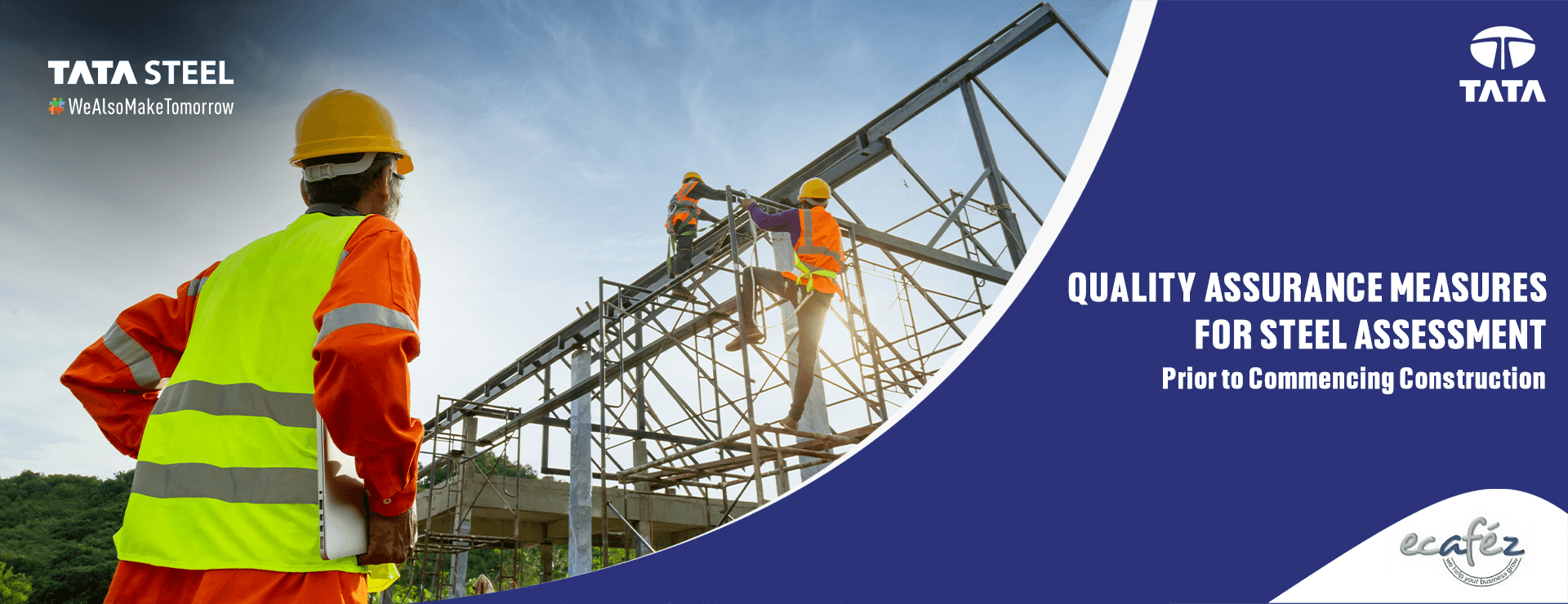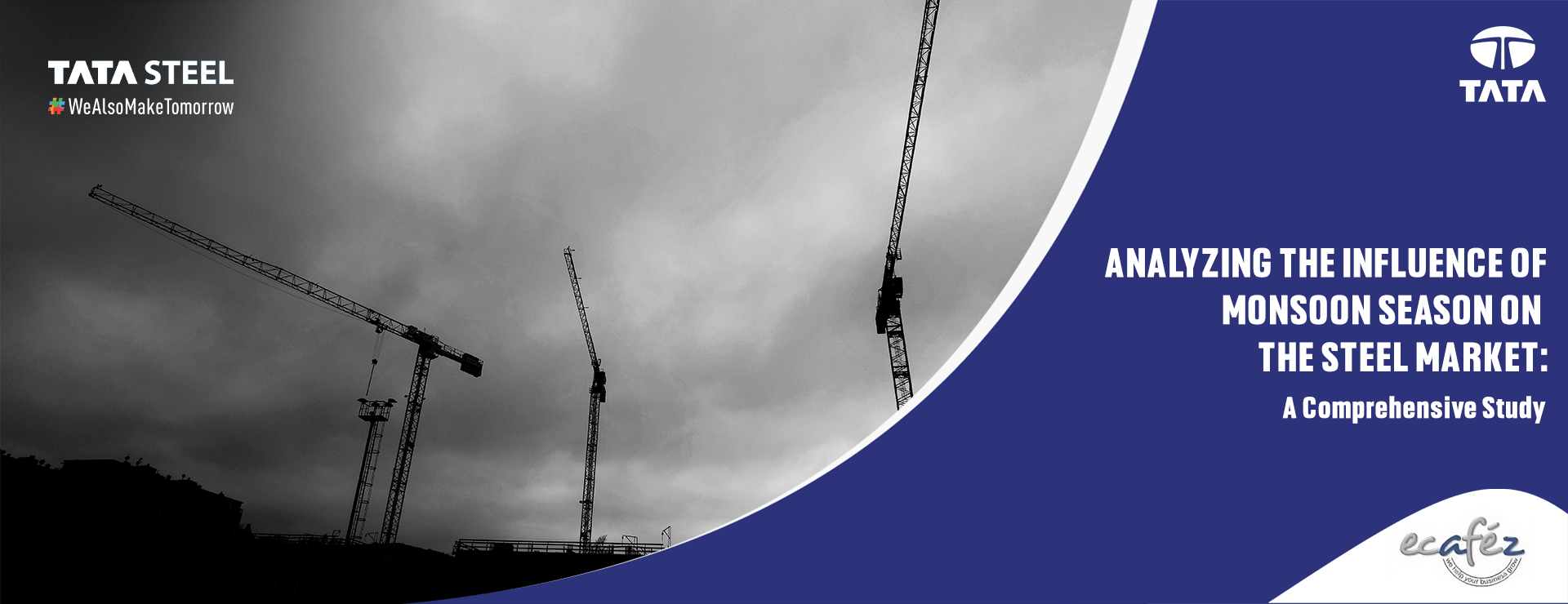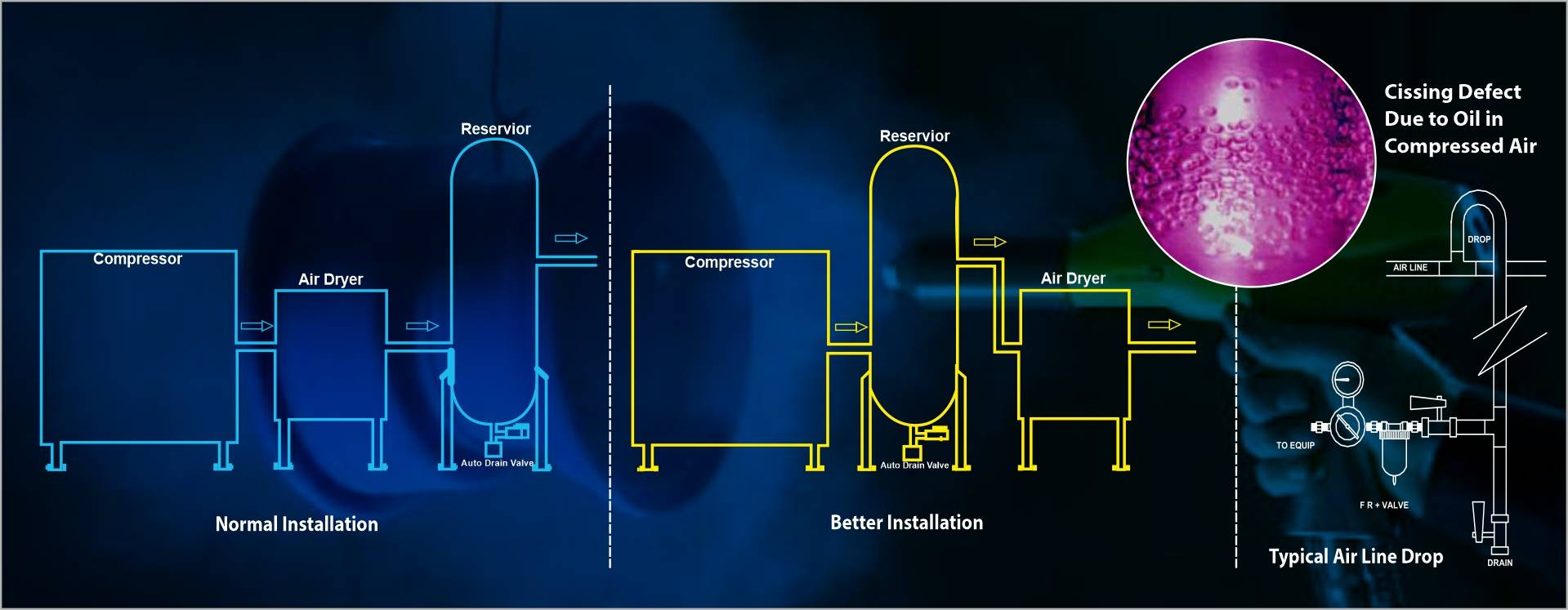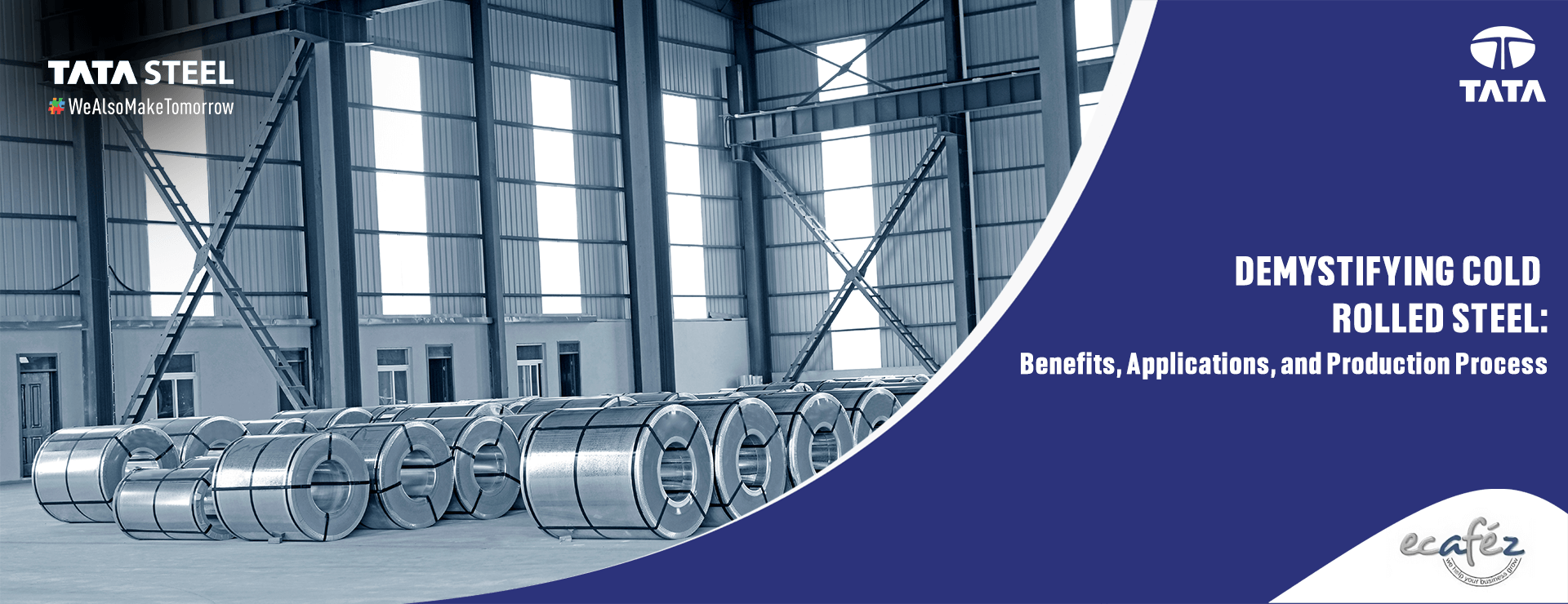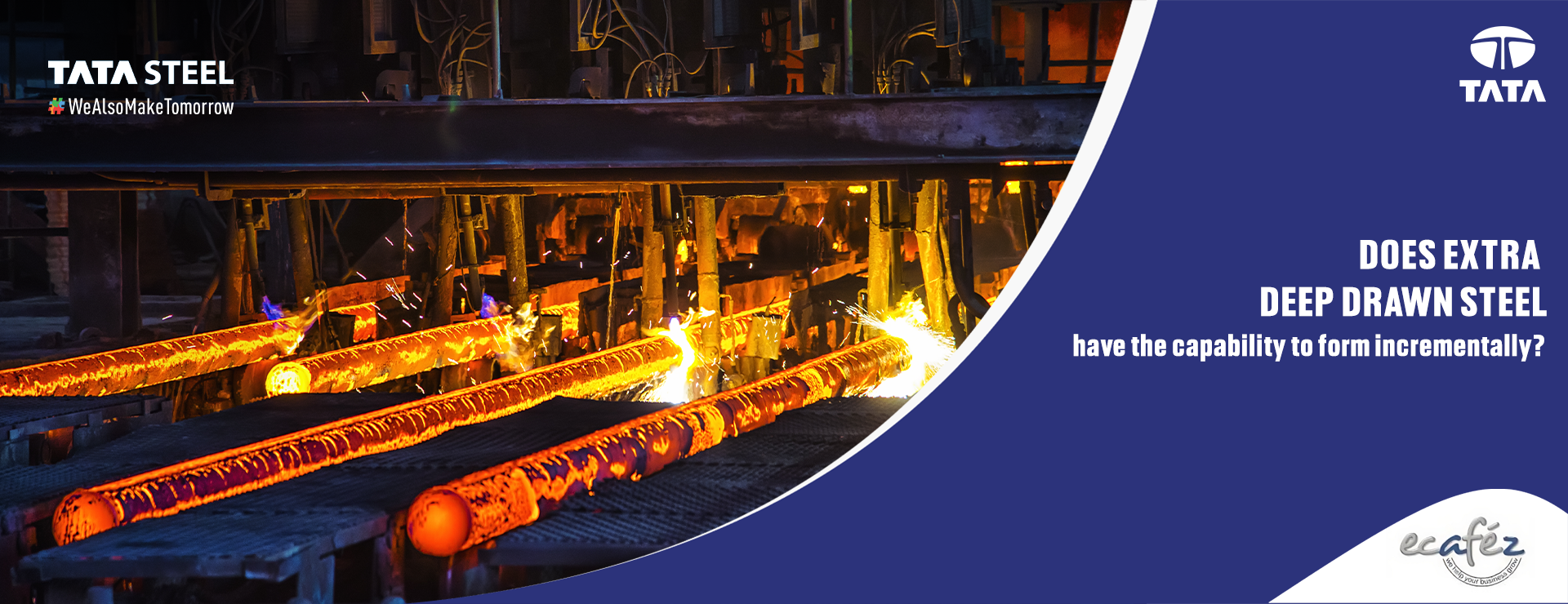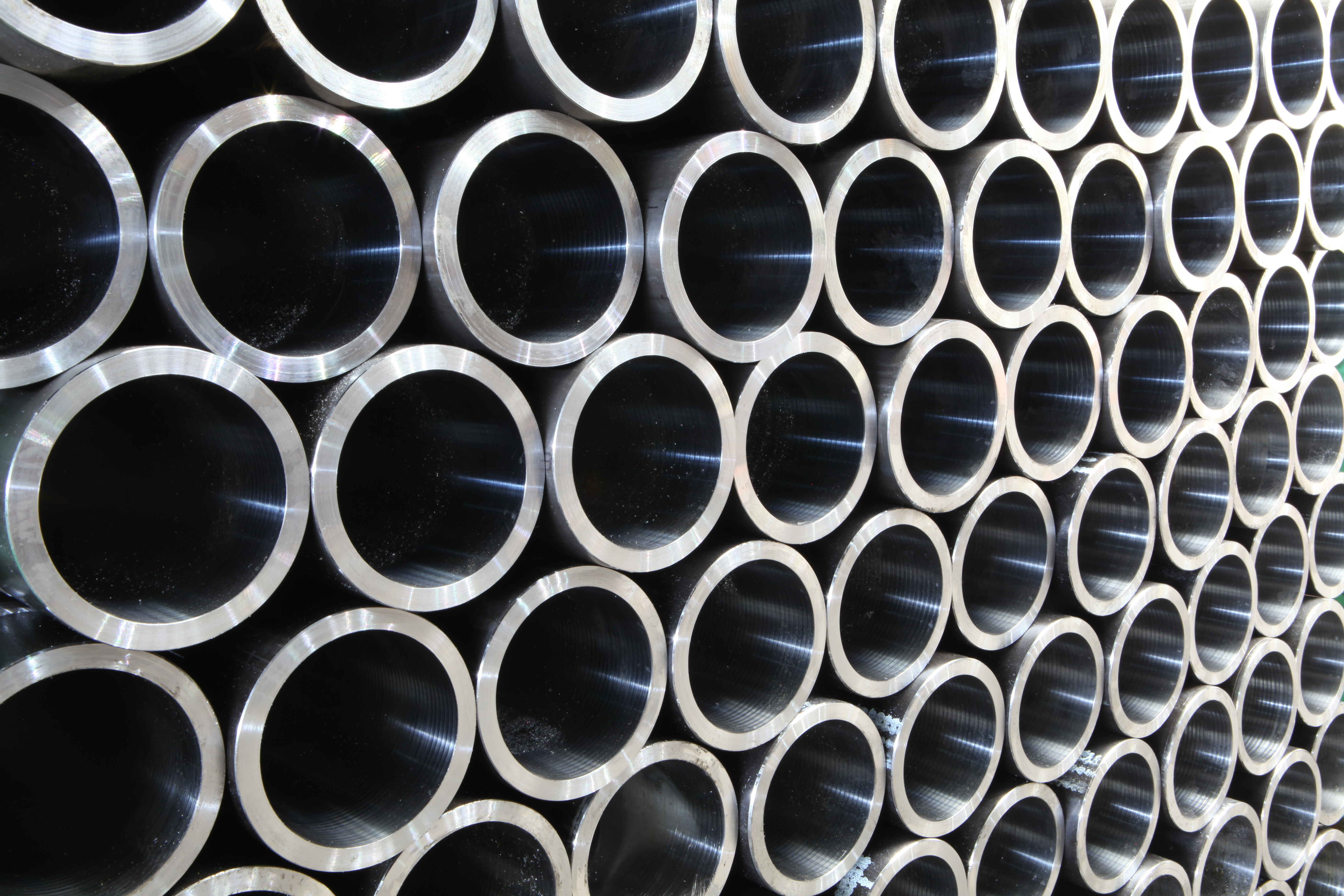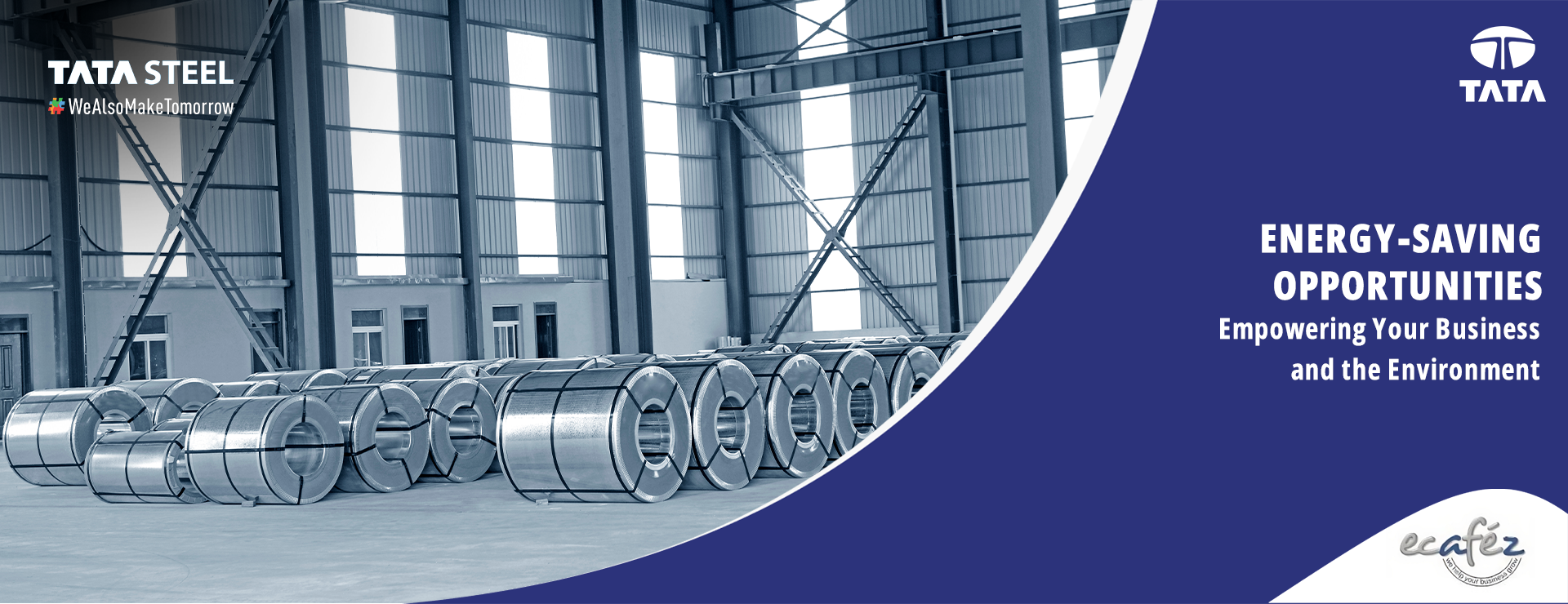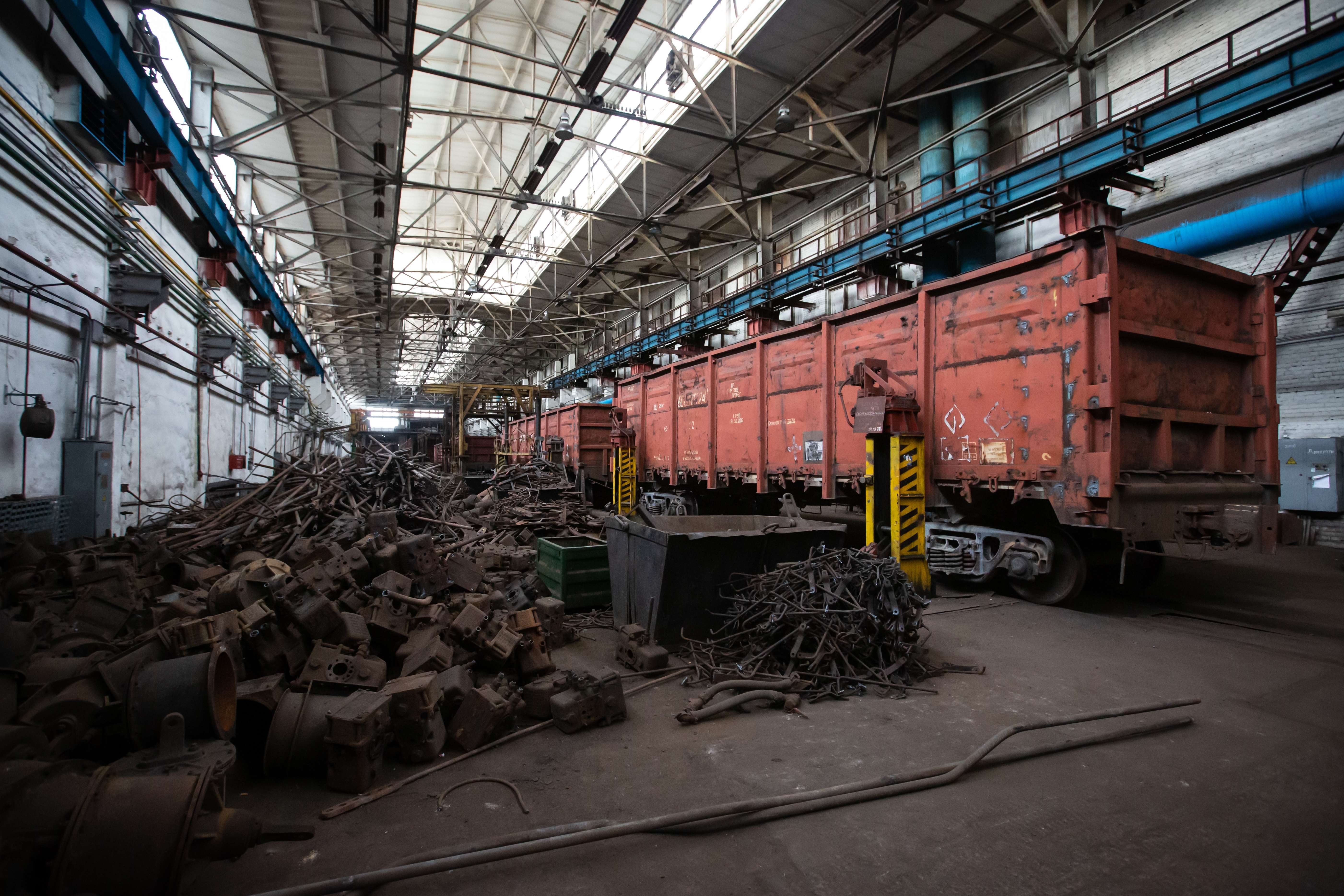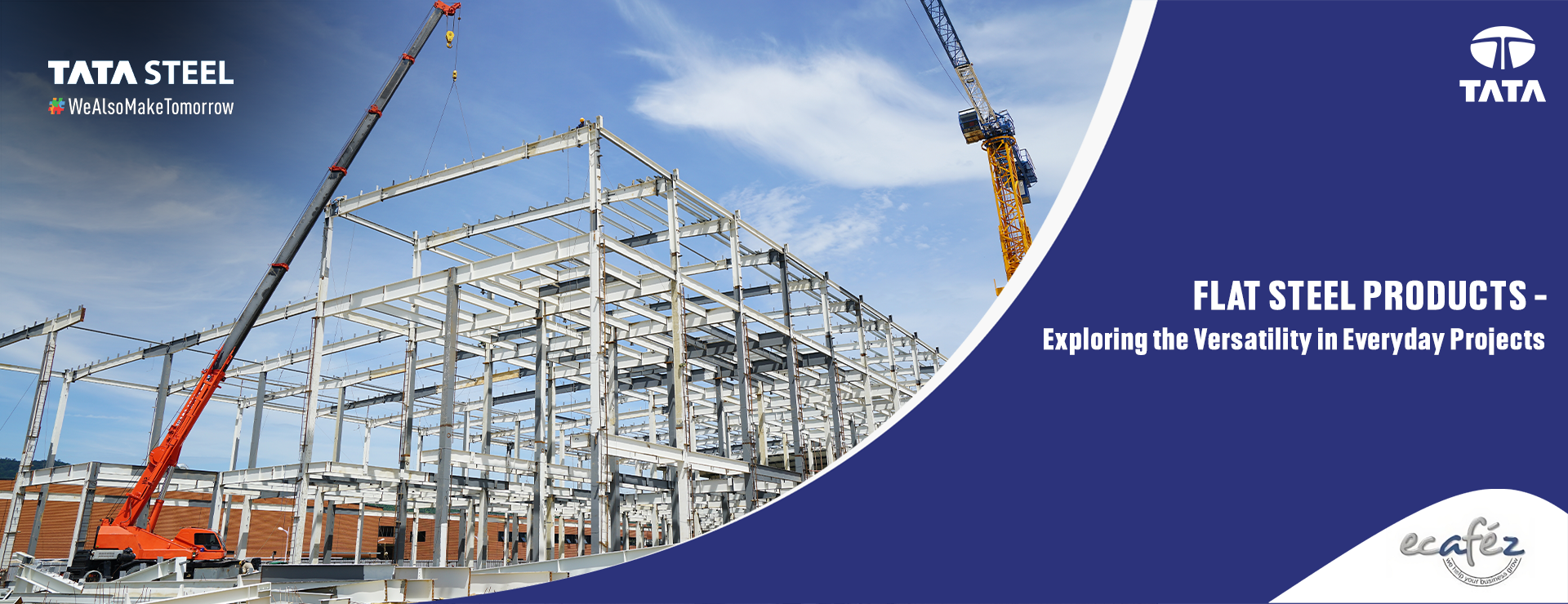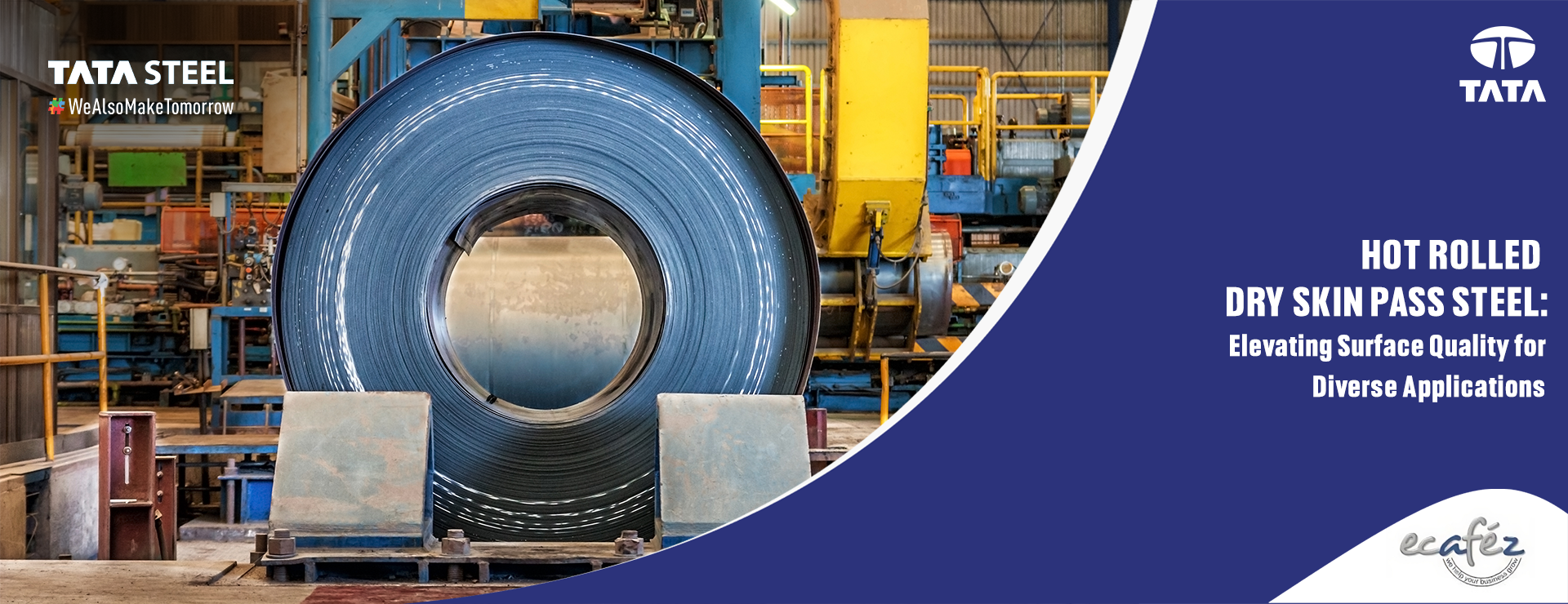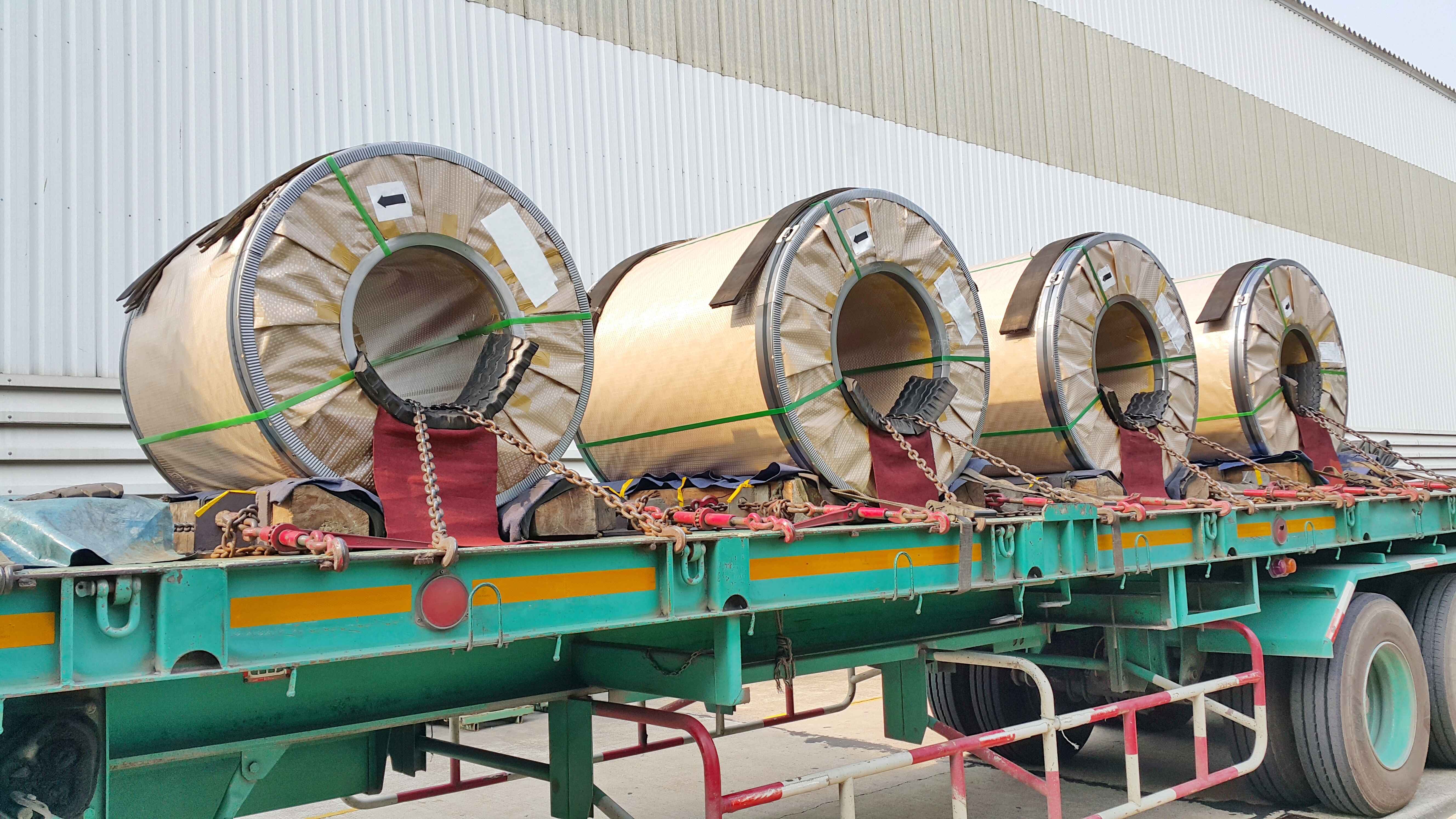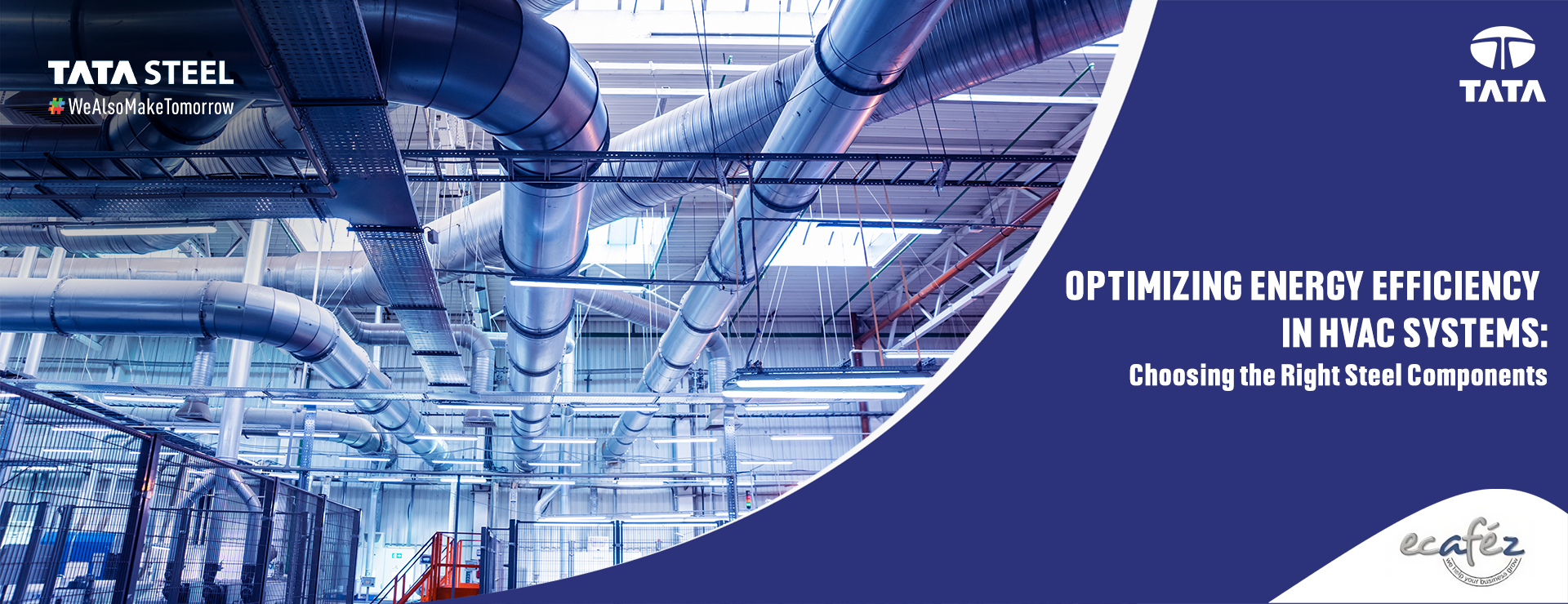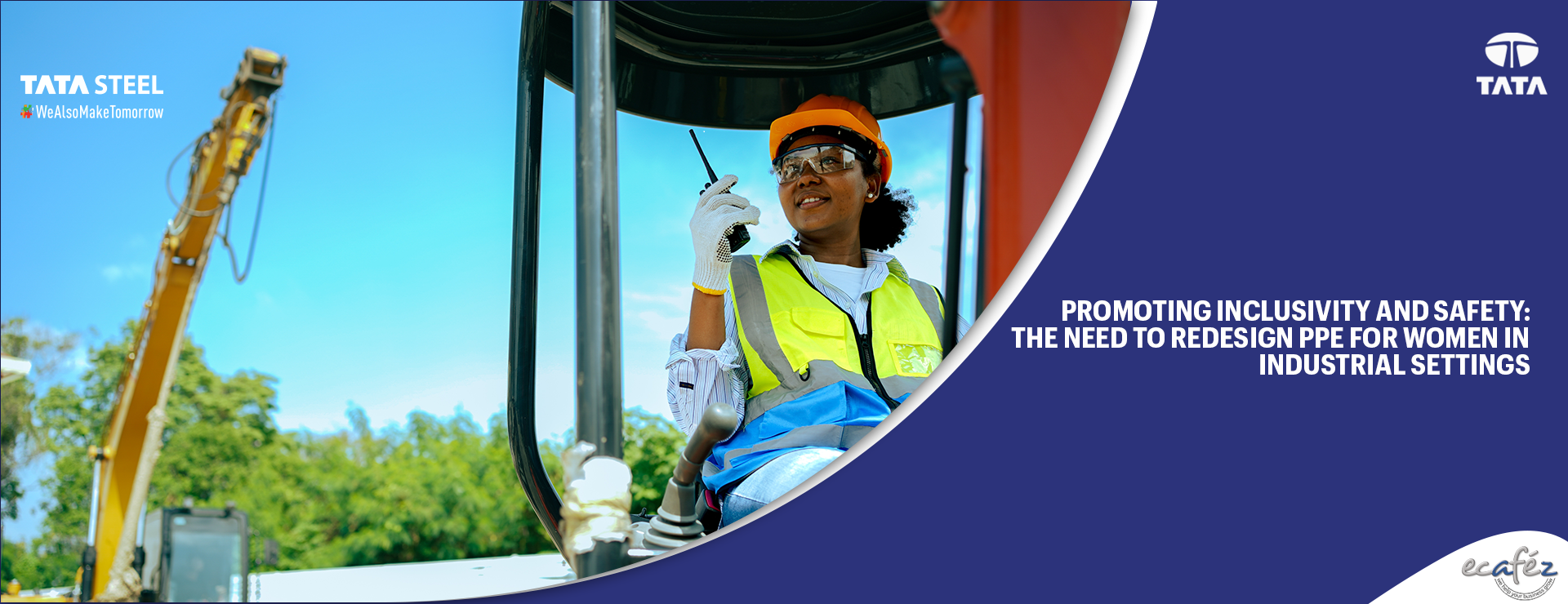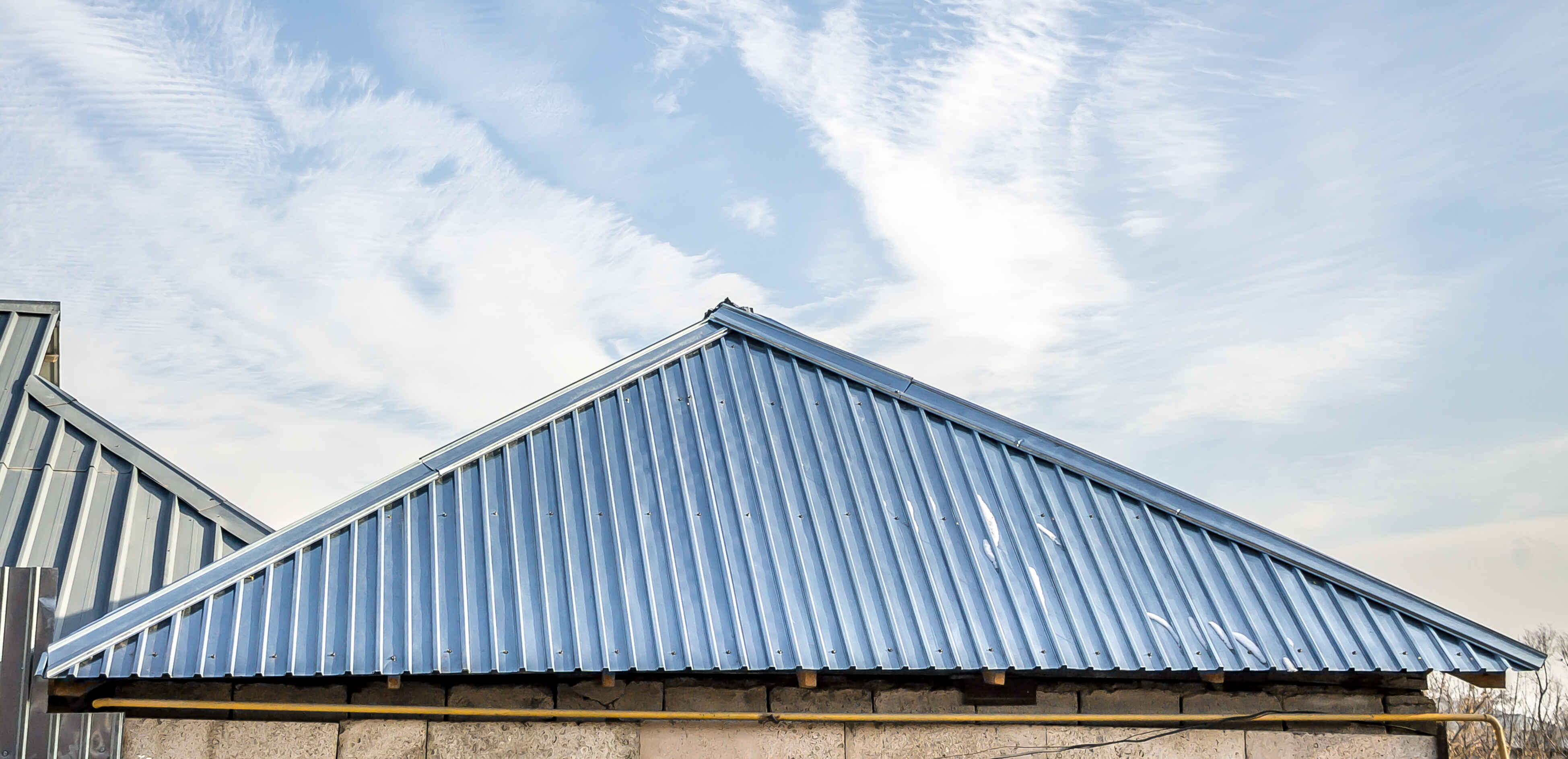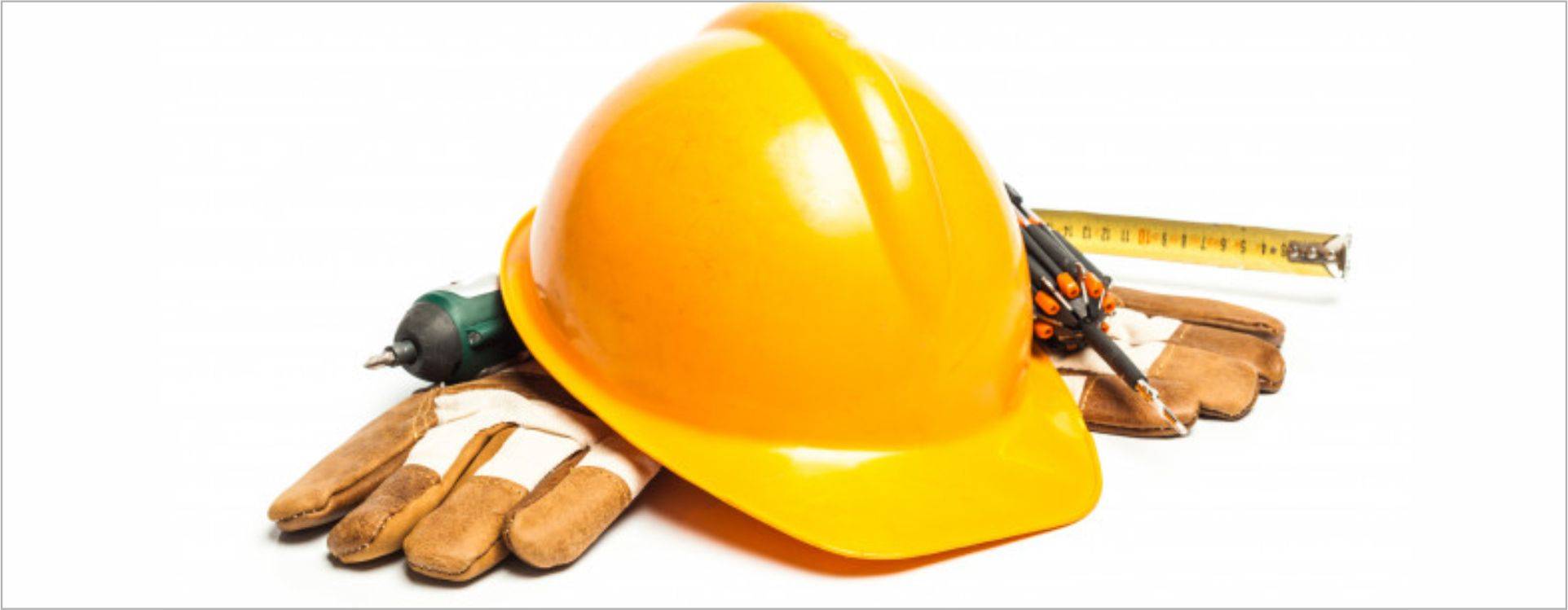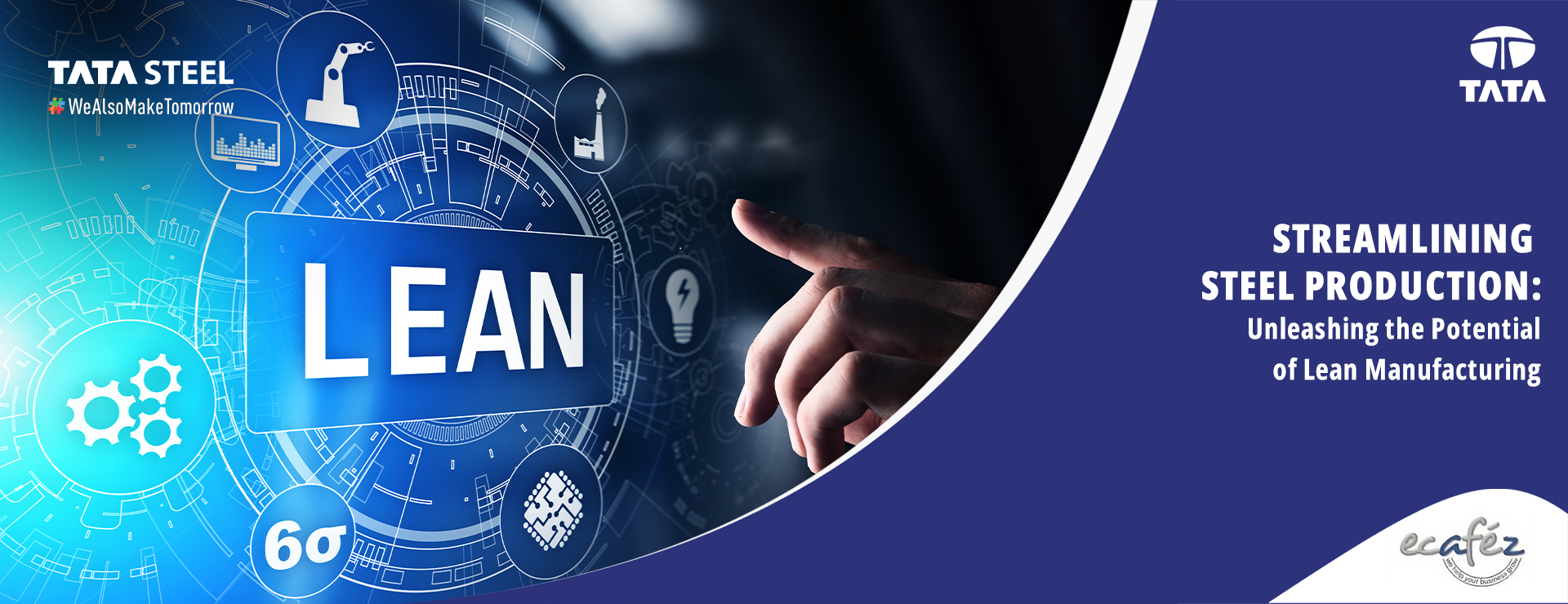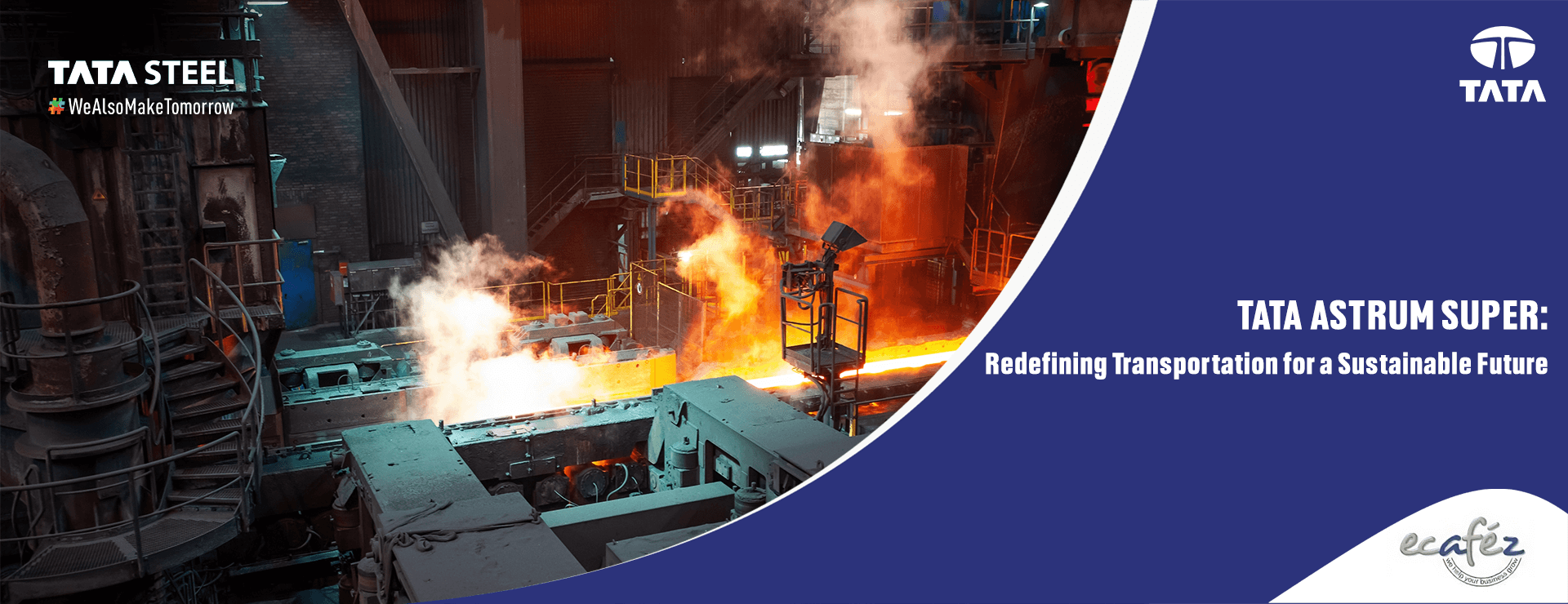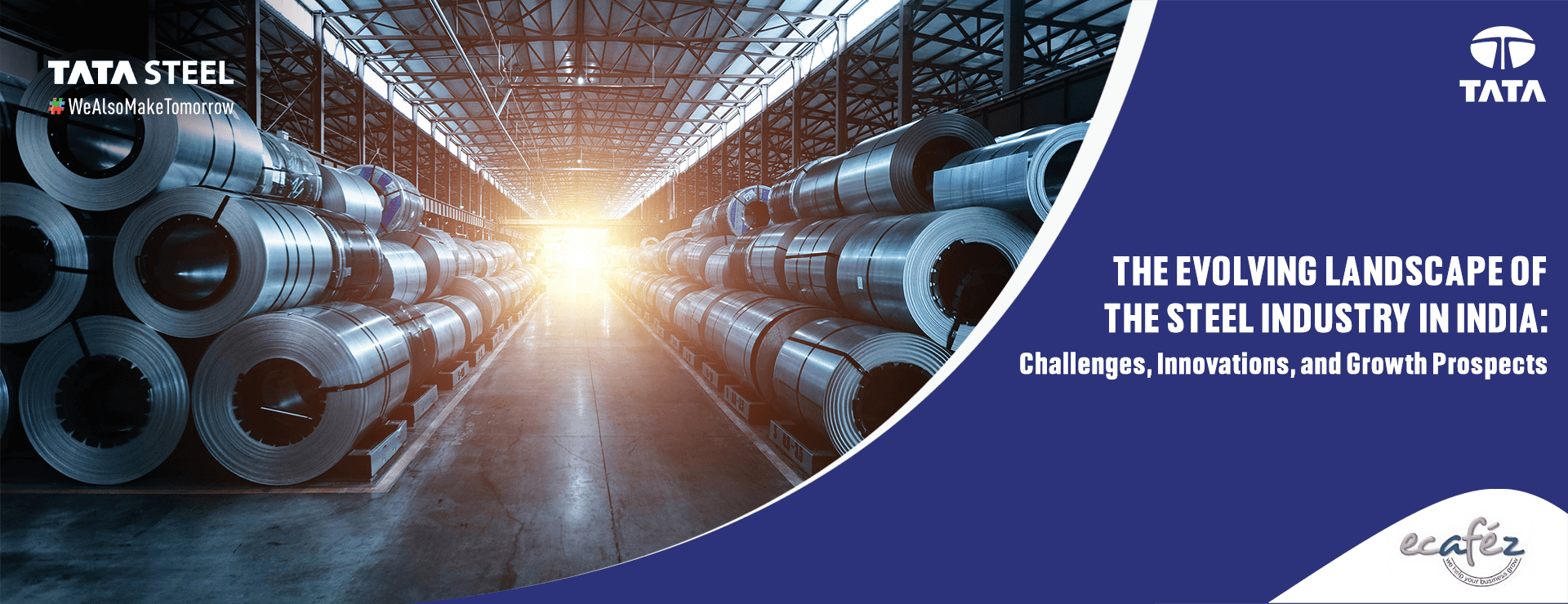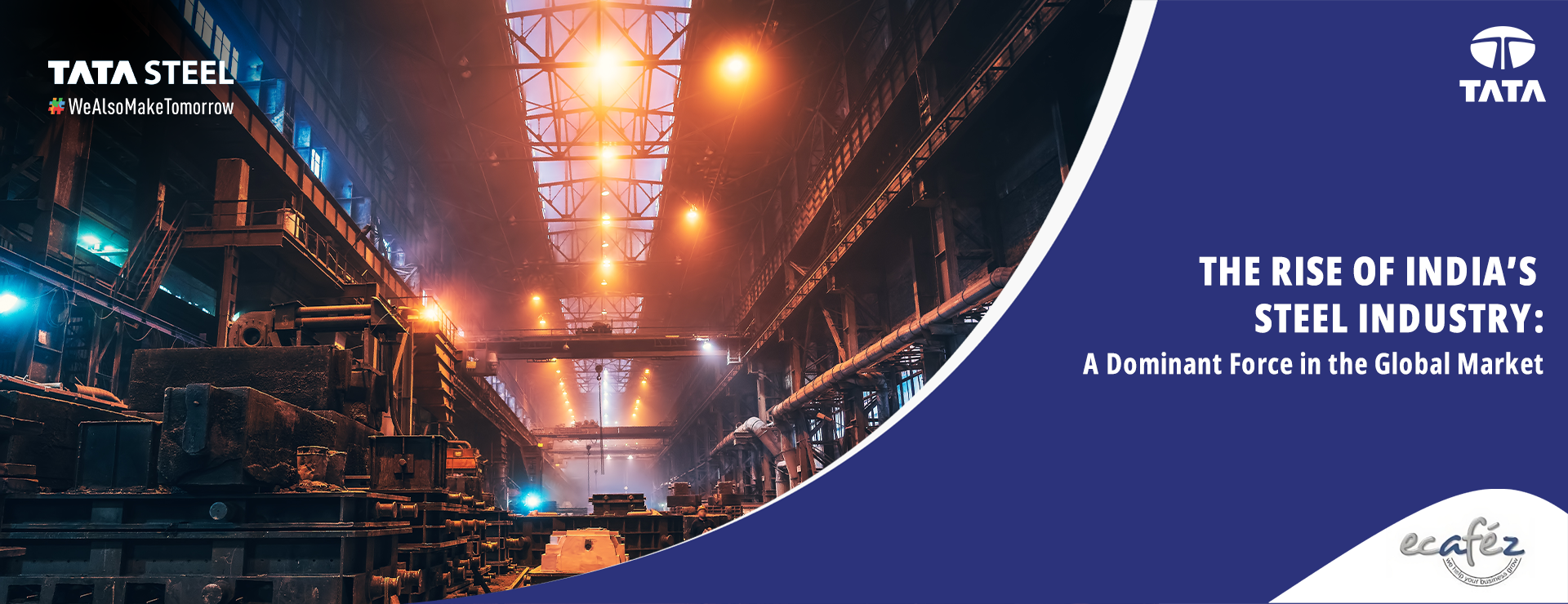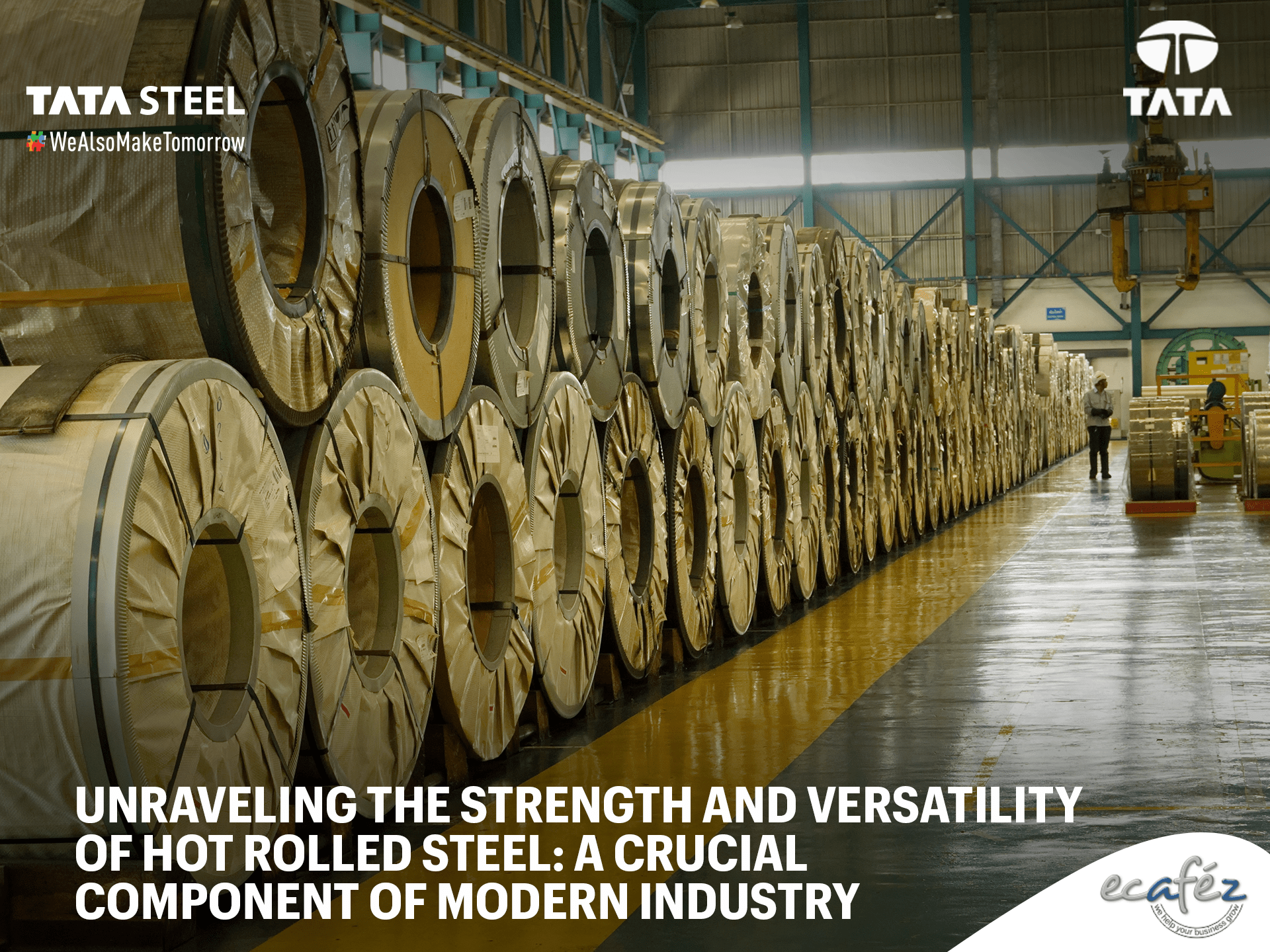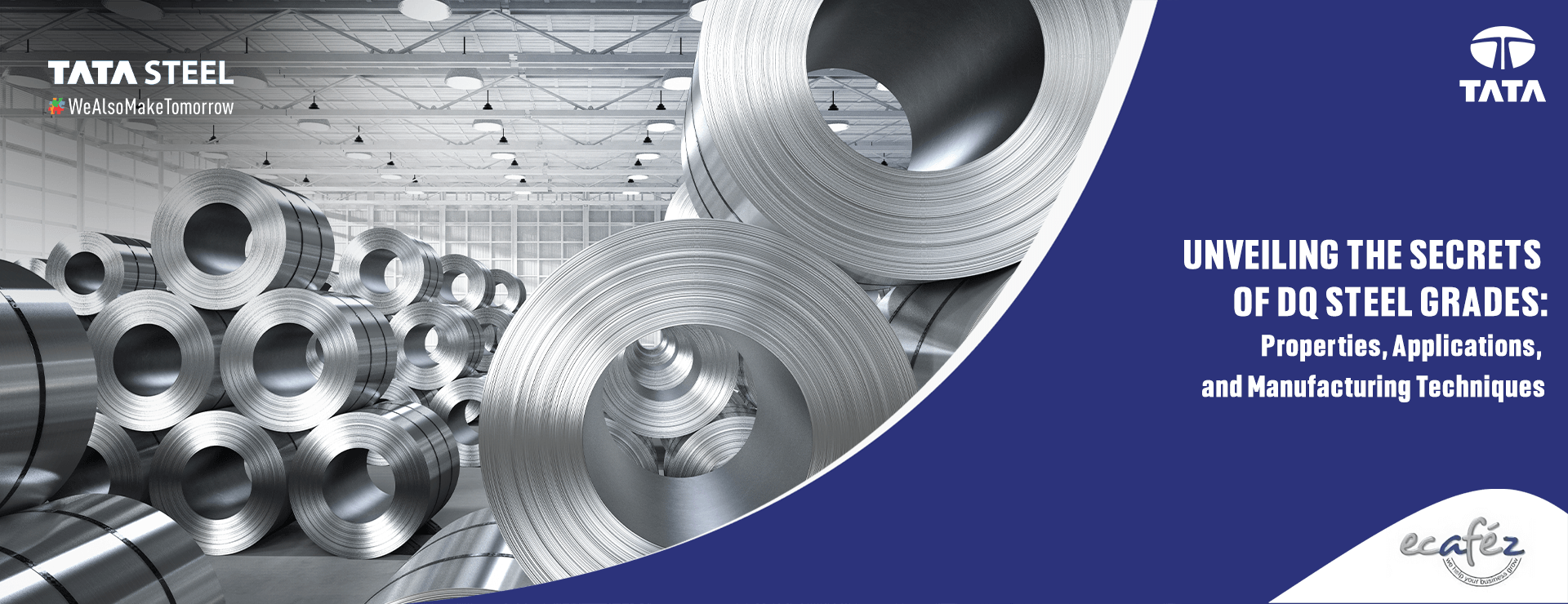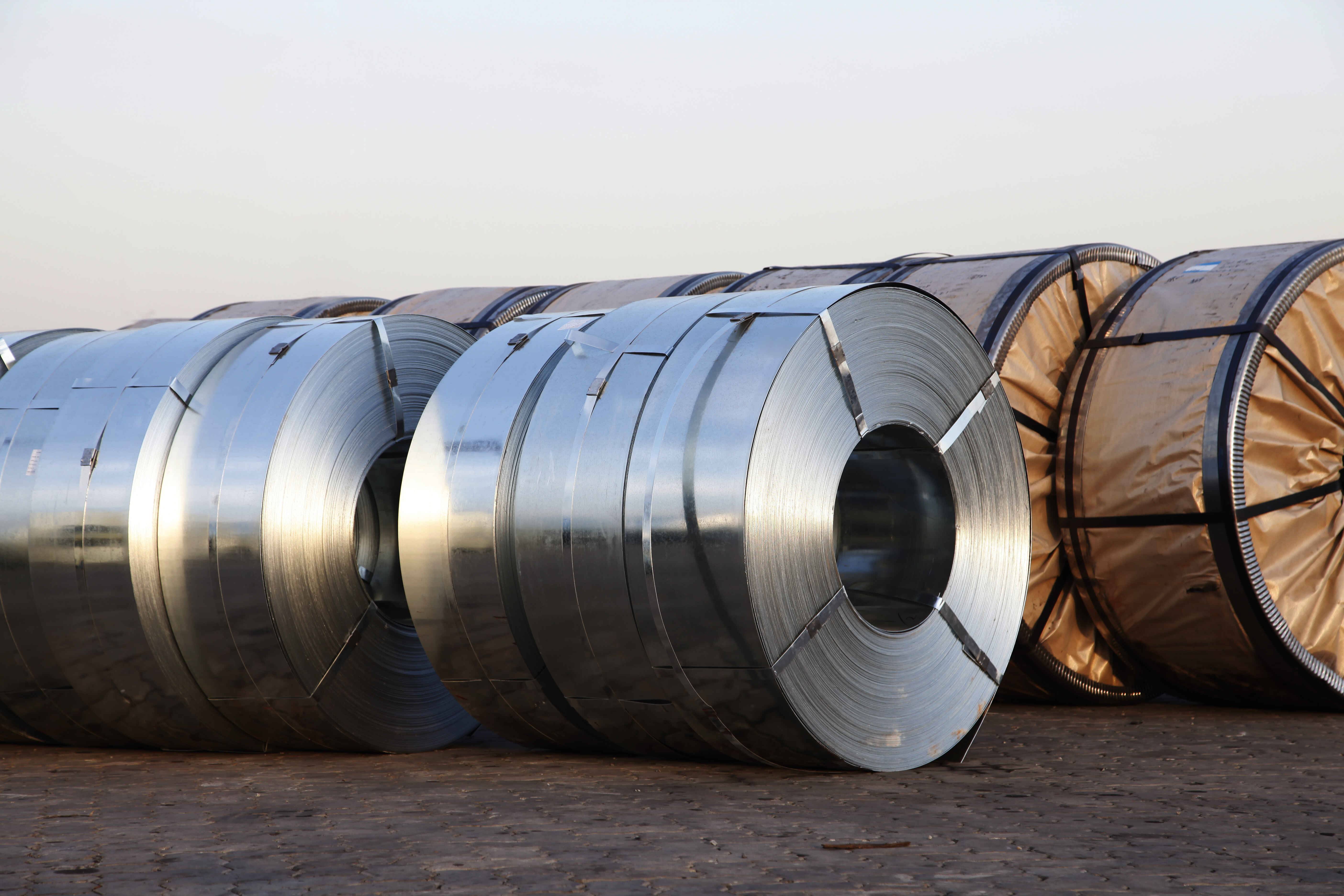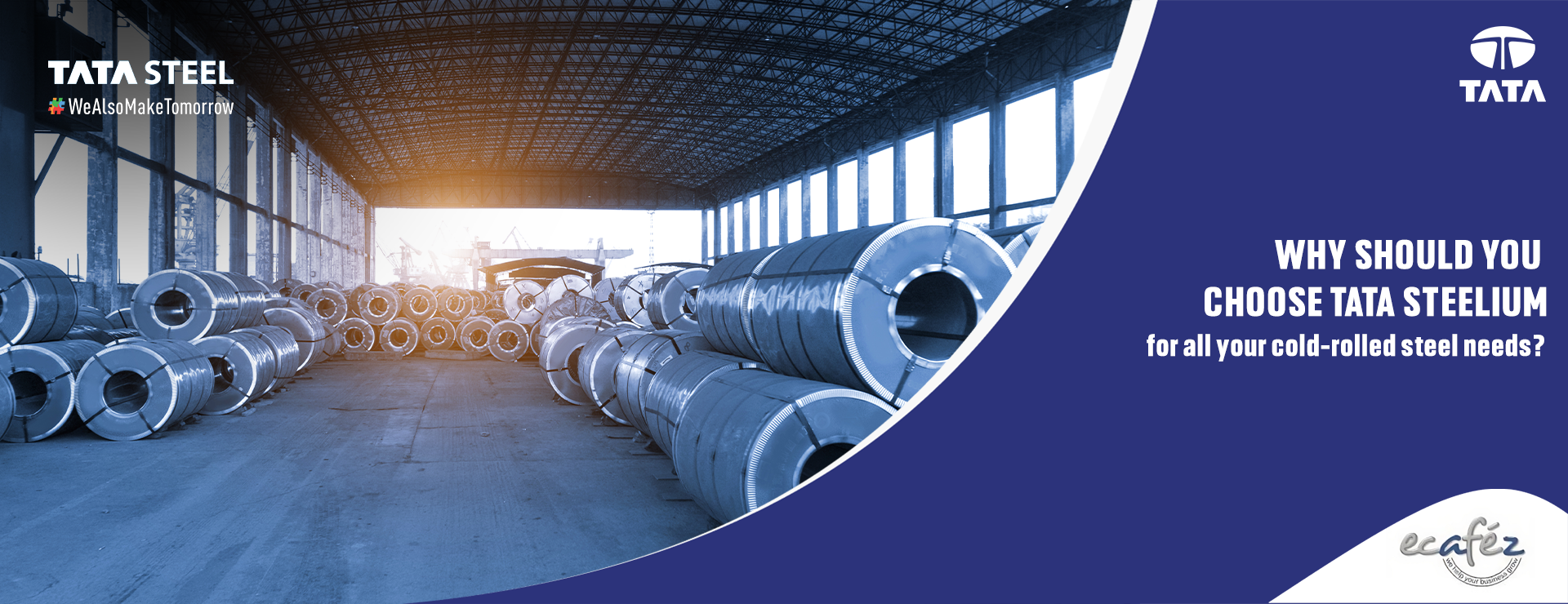The foundation of any successful construction project lies in the quality of the steel used. To guarantee a durable and reliable structure, it is essential to assess the steel thoroughly before commencing construction. Here, we will explore the crucial quality assurance measures, including testing on steel and quality control, to ensure the use of the best quality steel in construction projects. By implementing these measures, you can rest assured that your building will stand the test of time and meet the highest standards of excellence.
1. The Significance of Steel Quality in Construction
Steel serves as the backbone of modern construction, providing the essential strength and stability required for building durable structures. The quality of steel is directly correlated with the safety, reliability, and longevity of a building. Utilizing top-notch steel ensures that the structure can withstand the test of time and environmental factors, while poor-quality steel can lead to safety hazards and costly repairs.
2. Quality Test for Structural Steel: Ensuring Top-Notch Steel Quality
To ascertain the quality of structural steel, rigorous testing is imperative. Quality tests play a vital role in evaluating the properties and characteristics of the steel, ensuring it meets the required standards for construction. Some essential quality tests for structural steel include:
• Tensile Strength Test: Evaluating the steel's ability to withstand tension, the tensile strength test determines its load-bearing capacity.
• Yield Strength Test: Assessing the stress at which the steel exhibits permanent deformation, the yield strength test verifies its durability and resilience.
• Impact Test: Particularly important for structures in seismic-prone areas, the impact test measures the steel's ability to withstand sudden shocks and impacts.
• Hardness Test: This test determines the steel's resistance to wear and indentation, providing insights into its overall robustness.
• Chemical Composition Analysis: Verifying the steel's chemical composition ensures compliance with industry standards and suitability for specific applications.
3. Quality Control in Steel Production: Ensuring Consistency
Maintaining consistency and uniformity in steel properties is crucial in the production process. Effective quality control measures ensure that the steel produced adheres to the required standards. Key steps in quality control include:
• Adherence to Standards: Steel manufacturers must strictly follow national and international standards to ensure the production of top-quality steel.
• Regular Inspection and Audits: Routine inspections and audits during the production process help identify and rectify any deviations from quality standards.
• Testing at Various Stages: In-process testing at different production stages ensures prompt detection and resolution of defects or issues.
• Certification and Traceability: Obtaining quality certification for steel products and establishing traceability throughout the supply chain ensures transparency and accountability.
4. Selecting the Best Quality Steel for Your Project
Choosing the right steel for construction projects requires a meticulous approach. Major factors should be taken into consideration, such as:
• Source of Steel: Opt for steel sourced from reputable manufacturers or suppliers known for producing high-quality products.
• Quality Certifications: Look for steel products with relevant quality certifications, indicating compliance with industry standards.
• Material Testing Reports: Request material testing reports from suppliers to verify the steel's quality and suitability for your specific requirements.
• Consultation with Experts: Seek advice from structural engineers or construction professionals to make well-informed decisions about the best quality steel for your project.
5. Steel Quality Inspection on Site: Ensuring Compliance
Even after sourcing steel from reliable suppliers, on-site inspection remains crucial. Regular checks during construction ensure that the steel used meets the specified quality standards. Engage experienced inspectors to assess welds, dimensions, and overall quality to avoid potential issues.
Steel quality is a crucial factor in the success and safety of construction projects. Rigorous test on steel and quality control measures are imperative to ensure the use of the best quality steel in construction. By adhering to industry standards, sourcing steel from reputable suppliers, and conducting on-site inspections, you can guarantee the integrity and durability of your structures.
For top-quality steel, choose wisely and prioritize quality assurance measures. This approach will lead to buildings that stand the test of time, meet the highest standards of excellence, and provide a safe and reliable environment for future generations. By investing in the best quality steel, you invest in the future success of your construction projects.
How does Tata Steel DigEca help?
In the pursuit of top-notch quality steel, Tata Steel DigEca services offer a game-changing solution. With DigEca, Tata Steel empowers construction professionals to make well-informed decisions about the steel they procure. The platform provides comprehensive information, material testing reports, and traceability, ensuring complete transparency in the sourcing process. By leveraging DigEca, you can confidently choose Tata Steel's top-quality products, backed by robust quality assurance measures.
By incorporating Tata Steel DigEca services into your steel procurement process, you elevate your construction endeavours with the assurance of top-quality steel. Embrace the future of steel sourcing and construction excellence with DigEca, and rest assured that your building projects are built on the strongest foundation possible. Invest in quality with Tata Steel DigEca, and witness the exceptional results it brings to your construction projects.
